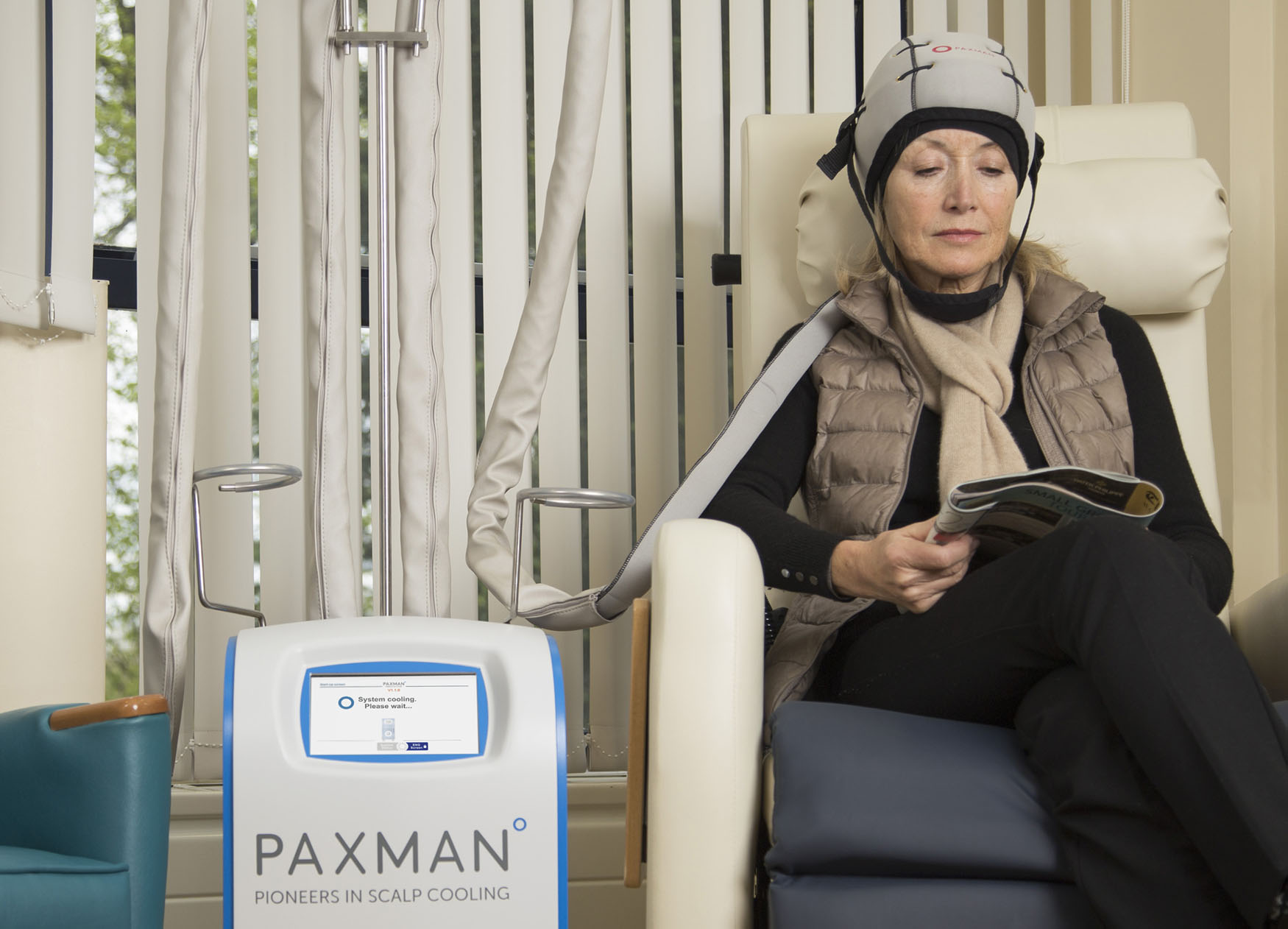Scalp Cooling Offers Patients A Choice Against Chemotherapy Induced Hair Loss
Scalp cooling offers breast cancer patients a choice against chemotherapy-induced hair loss, according to a world leading scalp cooling expert

Speaking ahead of the International Conference on Cancer Nursing (ICCN) in California global oncology researcher Corina van den Hurk, said that because of scalp cooling hair loss amongst breast cancer patients was no longer inevitable.
“Over the last 10 years hair loss has consistently been ranked one of the worst side effects from patients but things are changing and we are taking control of it through scalp cooling,” said Dr van den Hurk, a researcher in clinical oncology and epidemiology at the Netherlands Comprehensive Cancer Organisation.
“Offering patients, the option of scalp cooling doesn’t just treat the side effect of chemotherapy-induced hair loss, it also helps people psychologically and socially. It helps them stay in control at what can be one of the most distressing times of their lives.”
Chemotherapy works by targeting all rapidly dividing cells in the body. Hair is the second fastest dividing cell, and this is the reason why many chemotherapy drugs cause alopecia. The hair follicles in the growth phase are attacked, resulting in hair loss approximately two weeks after the commencement of the chemotherapy treatment.
The damage that chemotherapy causes to the hair follicle can be alleviated by using scalp cooling, also known as the 'cold cap.'
Scalp cooling works by reducing the temperature of the scalp by a few degrees immediately before, during and after the administration of chemotherapy. There are a number of mechanisms by which cooling protects the hair follicles: vasoconstriction reduces the amount of chemotherapy that reaches the hair follicles, reduced drug diffusion through the cell membrane, decreased cell division, reduced active transport mechanisms, and a general reduction in metabolic activity.
Dr van den Hurk explains that the prevention of hair loss represents an important challenge in US oncology, which affects over four million patients annually. By 2030 it is estimated it will affect over 6.7 million patients every year.
“The landscape of scalp cooling is definitely changing. Over the last few years we have seen the first ever randomized trial of modern scalp cooling take place and the FDA has approved a second scalp cooling system – the British Paxman Scalp Cooling System. Awareness is growing and I believe over the next few years scalp cooling will become an everyday part of routine practice.”
Dr van den Hurk will be presenting her global clinical research ‘COOL Across the Globe – Research, Practice and Experiences’ at the forthcoming ICCN Annual congress. In this session professor Annie Young from Warwick University will focus on implementation of scalp cooling in daily clinical practice.
Dr van den Hurk added: “Nurses inform the patient about scalp cooling and perform scalp cooling. Therefore it is important to share the state of the art and latest developments with the cancer nurses at ICCN”.
To date Dr. van den Hurk has registered the scalp cooling journey of over 5000 Dutch Paxman patients and has just launched the registration of scalp cooling patients internationally. Along with colleagues she has also established a group called CHILL (Cancer-Related Hair Loss International Leadership and Linkage) to share knowledge and encourage global research and collaboration to improve patient care.
ICCN will take place July 9-12, 2017 at Sheraton Park Hotel at the Anaheim Resort, California. Paxman will be exhibiting their leading scalp-cooling technology on booth 2 at the meeting.
CONTACT
Richard Paxman
Paxman Coolers Limited
info@paxman-coolers.com
www.paxman-coolers.co.uk
+44 1484 349444
Tuesday 11 July 2017 / file under Healthcare | Medical



